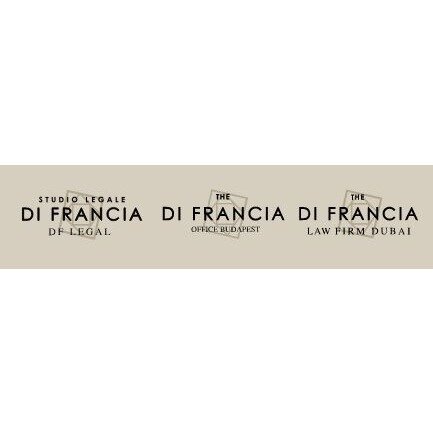Best Constitutional Law Lawyers in Bologna
Share your needs with us, get contacted by law firms.
Free. Takes 2 min.
List of the best lawyers in Bologna, Italy
About Constitutional Law in Bologna, Italy
Constitutional Law in Bologna, Italy pertains to the set of regulations and principles that govern the functioning of the Constitution in this region. It ensures that the fundamental rights and freedoms of individuals are protected, and that the structure of the government operates within legal parameters.
Why You May Need a Lawyer
There are several situations in which you may require legal assistance in Constitutional Law:
- If your constitutional rights have been violated
- If you are involved in a legal dispute related to constitutional matters
- If you are seeking to challenge the legality of a law or government action
- If you need guidance on understanding constitutional provisions and their applications
- If you wish to draft or review legal documents related to constitutional matters
Local Laws Overview
Here is a summary of the key aspects of local laws that are particularly relevant to Constitutional Law in Bologna, Italy:
- The Italian Constitution of 1948 establishes the fundamental principles and rights that govern the country, including Bologna.
- Italy adopts a civil law system, which means that laws are based on legislation rather than precedent.
- The Italian Constitutional Court is the highest authority responsible for ensuring the constitutionality of laws and resolving constitutional disputes.
- Regional authorities in Bologna have certain powers and responsibilities granted under the Constitution, allowing them to pass local legislation.
Frequently Asked Questions
1. What rights are protected by the Italian Constitution?
The Italian Constitution protects various rights, including the right to life, personal liberty, freedom of speech, freedom of religion, right to a fair trial, and equality before the law.
2. How can I challenge the constitutionality of a law?
You can challenge the constitutionality of a law by filing a complaint with the Italian Constitutional Court. It is recommended to seek legal advice to ensure the process is correctly followed.
3. Can regional authorities in Bologna create their own laws?
Yes, regional authorities in Bologna have the power to pass legislation on certain matters within their jurisdiction. However, these laws must not contradict the Italian Constitution or other national laws.
4. What is the role of the Italian Constitutional Court?
The Italian Constitutional Court is responsible for ensuring the compatibility of laws with the Constitution, protecting the rights of individuals, and resolving constitutional disputes.
5. How can I determine if my constitutional rights have been violated?
If you believe your constitutional rights have been violated, it is recommended to consult a lawyer. They can evaluate your situation, assess the legality of the actions, and guide you on the appropriate course of action.
Additional Resources
If you need further information on Constitutional Law in Bologna, Italy, consider referring to the following resources:
- Italian Constitutional Court: The official website of the Italian Constitutional Court provides access to decisions, legal texts, and other relevant information. Visit their website at http://www.cortecostituzionale.it
- Italian Parliament: The website of the Italian Parliament offers access to the Constitution, legislative acts, and other legal resources. Visit their website at http://www.parlamento.it
- Legal Assistance Organizations: There are various legal organizations in Bologna that can provide specialized assistance and guidance in Constitutional Law matters. Research and reach out to them based on your specific needs.
Next Steps
If you require legal assistance in Constitutional Law in Bologna, follow these steps:
- Evaluate your situation and determine the specific legal issue or dispute.
- Research and identify lawyers or legal organizations specializing in Constitutional Law in Bologna.
- Schedule a consultation with a lawyer to discuss your case and seek advice.
- Provide all necessary documents and information to your lawyer for a comprehensive evaluation.
- Follow the guidance provided by your lawyer to proceed with your legal matter.
Lawzana helps you find the best lawyers and law firms in Bologna through a curated and pre-screened list of qualified legal professionals. Our platform offers rankings and detailed profiles of attorneys and law firms, allowing you to compare based on practice areas, including Constitutional Law, experience, and client feedback.
Each profile includes a description of the firm's areas of practice, client reviews, team members and partners, year of establishment, spoken languages, office locations, contact information, social media presence, and any published articles or resources. Most firms on our platform speak English and are experienced in both local and international legal matters.
Get a quote from top-rated law firms in Bologna, Italy — quickly, securely, and without unnecessary hassle.
Disclaimer:
The information provided on this page is for general informational purposes only and does not constitute legal advice. While we strive to ensure the accuracy and relevance of the content, legal information may change over time, and interpretations of the law can vary. You should always consult with a qualified legal professional for advice specific to your situation.
We disclaim all liability for actions taken or not taken based on the content of this page. If you believe any information is incorrect or outdated, please contact us, and we will review and update it where appropriate.









